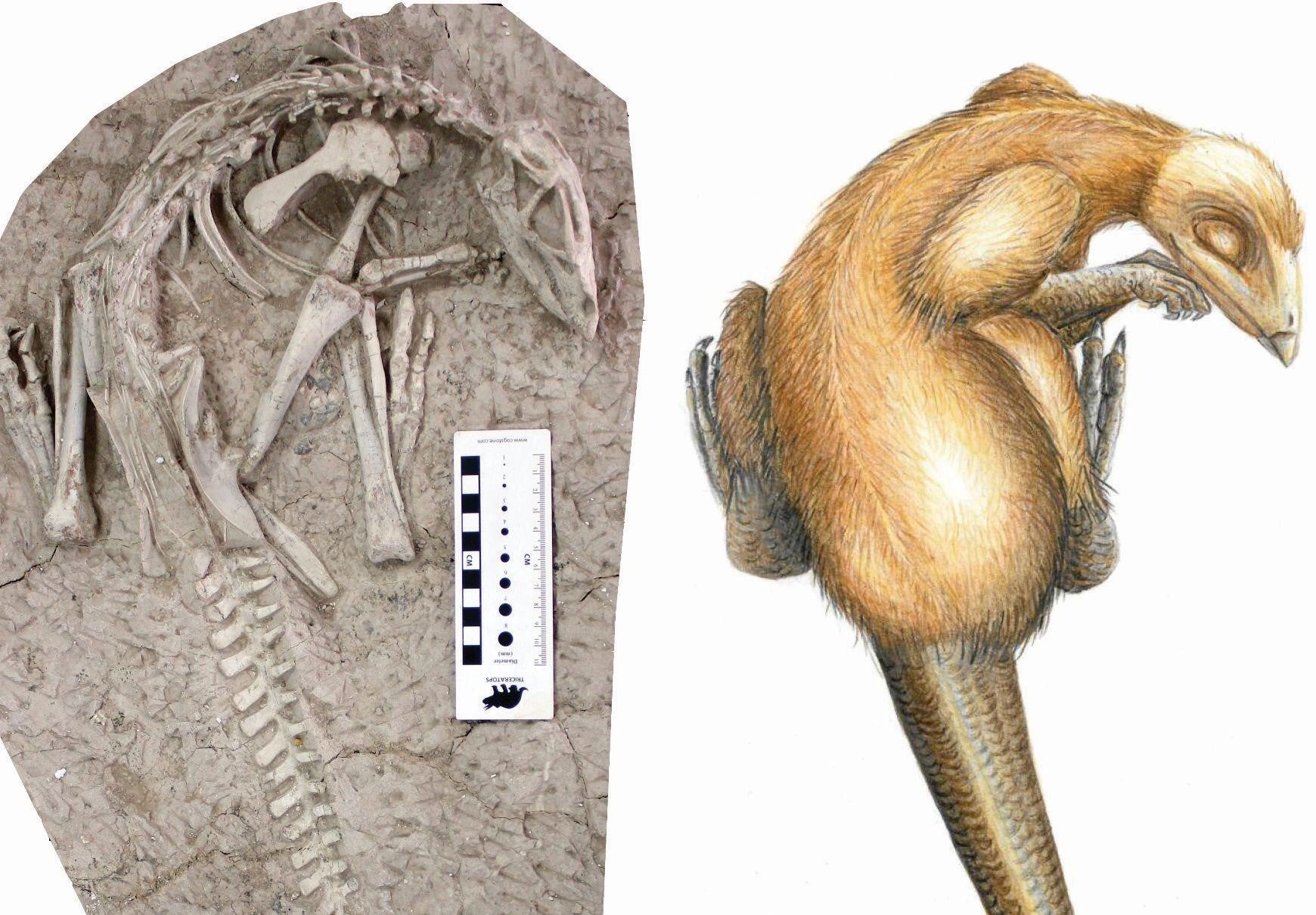Scientists discover 125 million-year-old dinosaur buried by volcanic eruption in China
The burrowing animal was found perfectly preserved

Palaeontologists have discovered a new species of dinosaur estimated to be up to 125 million years old.
The fossils were found perfectly preserved in the Lujiatun Beds, in north-eastern China, after being buried by a Pompeii-like volcanic eruption.
Scientists believe the eruption would have trapped the creatures at the bottom of their burrows.
"These animals were quickly covered by fine sediment while they were still alive or just after their death," Royal Belgian Institute of Natural Sciences palaeontologist Pascal Godefroit said.
The scientist said there were no traces of feathers on the bones but they were “incredibly well-preserved” having not been moved for 125 million years.
The new species was named Changmiania liaoningensis, with Changmiania meaning “eternal sleep” in Chinese.
Researchers believe the animal belonged to the Ornithopod family of herbivores and would have lived during the Cretaceous period.
About 1.2 metres long, it is understood the dinosaur’s powerful hind legs and stiff tail would have made it a fast runner.
"However, certain characteristics of the skeleton suggest that Changmiania could dig burrows, much like rabbits do today," Dr Godefroit said.
"Its neck and forearms are very short but robust, its shoulder blades are characteristic of burrowing vertebrates and the top of its snout is shaped like a shovel.
“So we believe that both Changmiania specimens were trapped by the volcanic eruption when they were resting at the bottom of their burrows 125 million years ago.”
Join our commenting forum
Join thought-provoking conversations, follow other Independent readers and see their replies
Comments
Bookmark popover
Removed from bookmarks